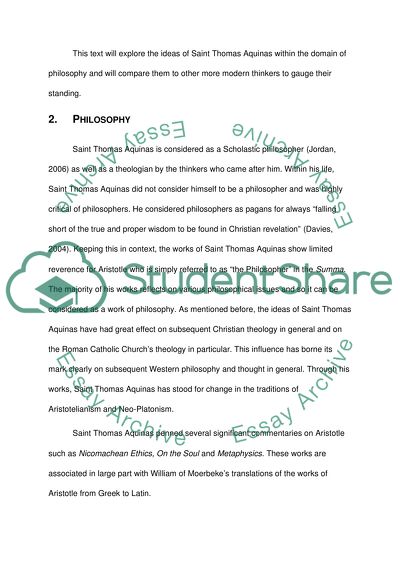Cite this document
(“Saint Thomas Aquinas Research Paper Example | Topics and Well Written Essays - 2250 words”, n.d.)
Retrieved from https://studentshare.org/philosophy/1441933-saint-thomas-aquinas
Retrieved from https://studentshare.org/philosophy/1441933-saint-thomas-aquinas
(Saint Thomas Aquinas Research Paper Example | Topics and Well Written Essays - 2250 Words)
https://studentshare.org/philosophy/1441933-saint-thomas-aquinas.
https://studentshare.org/philosophy/1441933-saint-thomas-aquinas.
“Saint Thomas Aquinas Research Paper Example | Topics and Well Written Essays - 2250 Words”, n.d. https://studentshare.org/philosophy/1441933-saint-thomas-aquinas.


